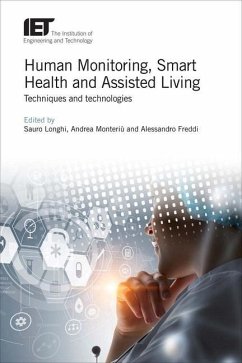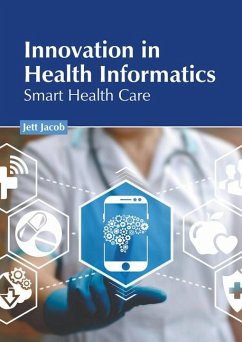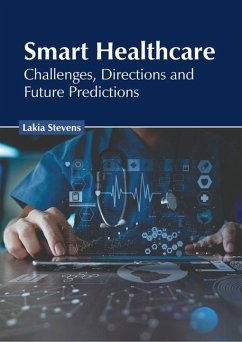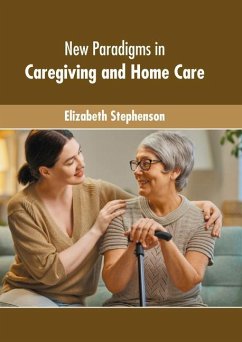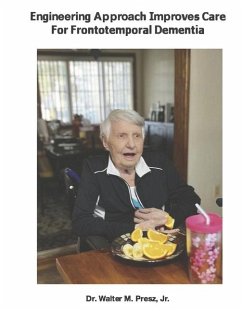Nicht lieferbar
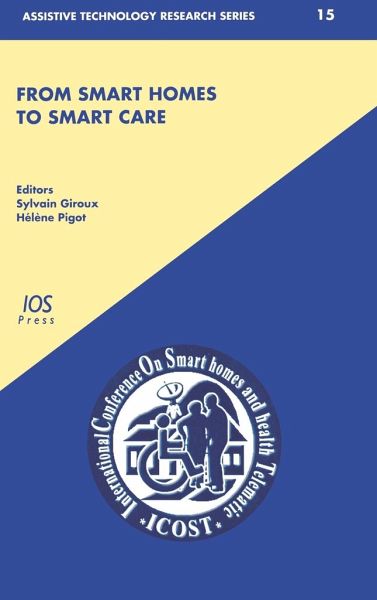
From Smart Homes to Smart Care
Versandkostenfrei!
Nicht lieferbar
Nowadays networks, microprocessors, memory chips, smart sensors and actuators are faster, cheaper and smaller than ever. They are becoming available anywhere, anytime. Current advances in such enabling technologies let foresee novel applications and services for improving the life of elderly and disabled people in their home and outside. These conference proceedings present the latest approaches and technical solutions in the area of smart homes, health telematics, and enabling technologies. The first chapter delves into the user perspective to ascertain real needs and design truly useful serv...
Nowadays networks, microprocessors, memory chips, smart sensors and actuators are faster, cheaper and smaller than ever. They are becoming available anywhere, anytime. Current advances in such enabling technologies let foresee novel applications and services for improving the life of elderly and disabled people in their home and outside. These conference proceedings present the latest approaches and technical solutions in the area of smart homes, health telematics, and enabling technologies. The first chapter delves into the user perspective to ascertain real needs and design truly useful services. The following chapter explores the enabling technology. Distributed sensors, smart devices and networks appear as the nuts and bolts compulsory to build up smart homes. Chapter three looks at the realization of smart homes. Pervasive computing is emerging as one of the key approaches to organize computations within smart homes. The fourth chapter addresses the issue of using smart home features to design and deliver smart care services to persons with disabilities and elderly people. Finally Chapter five outlines standardization efforts and practical and industrial experiences. ICOST aims at creating an active research community dedicated to explore how smart homes in particular and health telematics in general can foster independent living and an enhanced life style for elderly and disabled people. On the one hand, smart homes are augmented environments with embedded computers, information appliances and multi-modal sensors allowing people to perform tasks efficiently by offering unprecedented levels of access to information and assistance from computer. On the other hand, health telematics makes the most of networks and telecommunications to propose health services, expertise and information at distance.




